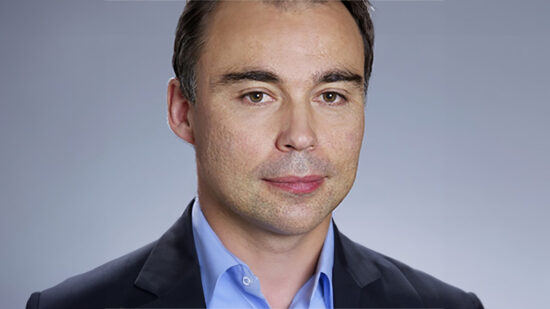Yet as the ongoing feud between 89-year-old L’Oréal heiress Liliane Bettencourt – France’s wealthiest woman – and her estranged daughter, which has been in the news again recently, reveals, rich people are still struggling with the difficulties inherent in passing on huge fortunes to their children and other relatives.
So it should come as little surprise that a report published today by Barclays Wealth, based on a survey of 2,000 high net worth individuals in 20 countries, finds conflict and distrust run deep among those whose wealth might otherwise seem sufficient to insulate them from most unpleasantness.
Some 40% of the respondents surveyed reported that they themselves have “experienced family conflict as a result of family wealth”, and 34% said that they do not trust their children and stepchildren to protect their inheritance.
One in ten of those who participated in the survey admitted that they had disinherited someone or cut someone out of their will, while individuals still in a first marriage were found to trust their children more than those who had stepchildren.
In addition to providing an in-depth examination of wealthy individuals’ attitudes towards wealth transfer and succession planning, the report, The Transfer of Trust: Wealth and Succession in a Changing World, also reveals how wealth in many cases can act as “a double-edged sword, leading to distrust and conflict”, while at the same time offering an insight into what the future holds for the next generation.
Mistrust seen greatest in developed countries
Among the most interesting findings of the Barclays research is that wealthy individuals from the more developed countries and regions – such as Australians, Europeans and Americans – appear to trust their children and stepchildren less to look after the family wealth than do those from places like the Middle East, Africa and Latin America.
Experts quoted in the report suggest that one reason for this lack of trust may have its origins in the changing structure of families. Second and third marriages are becoming more common, which is seen as leading to more complex relationships between parents and their children and stepchildren, in ways that affect wealth and inheritance planning, the report points out.
Other findings of the report:
- Earned, as opposed to inherited, wealth seems to be a key denominator in determining whether someone is “financially happy”. Nevertheless, there is a strong desire among parents to pass on their wealth to their children, as evidenced by the fact that 94% of respondents in the UK said they intended to do so.
- Some 23% of the respondents said they did not have a will, which the report’s authors called a "surprisingly high" number, and "could present difficulties when it comes to transferring wealth", unless an individual lives in a jurisdiction that has explicit wealth transfer laws.
- The incidence of disinheritance increases with wealth for high net worth individuals in the UK. Five per cent of those with wealth levels of between £1m and £2m have disinherited someone or cut a family member out of their wills, but the percentage rises to 13% among those with more than £10m
The report is the 14th in a series Barclays Wealth has commissioned, and was conducted for the wealth management arm of Barclays Bank plc by Ledbury Research. The 2,000 people surveyed, in January and February of this year, had more than £1m in investable assets, and of these, 200 had more than £10m.








